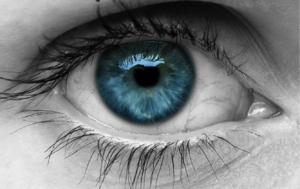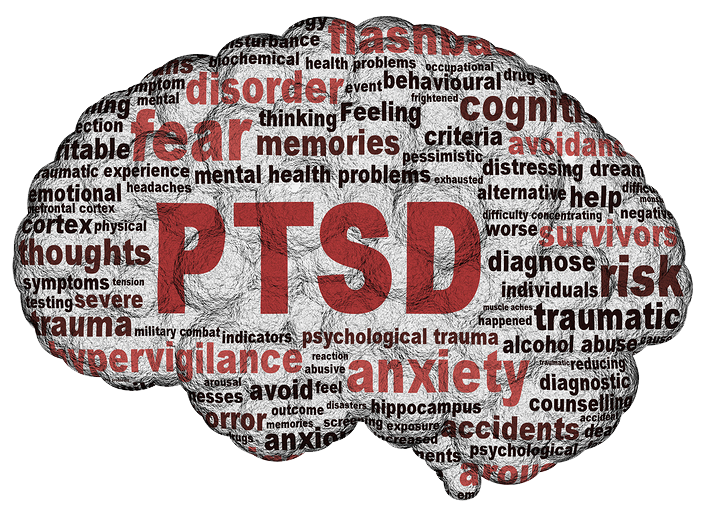A new approach to treating trauma
By Virginia Lundy, RCC

Any unresolved experience in life can lead to negative emotions, feelings and behaviors that end up causing some issues for you in the present. The goal of the Eye Movement Desensitization and Reprocessing (EMDR) therapy is to discard inappropriate emotions, change negative beliefs about yourself and your capabilities, and alleviate uncomfortable body sensations.
What is it?
EMDR is an integrative psychotherapy approach developed by psychologist Francine Shapiro in 1989. Most of the research to date supports its effectiveness in treatment of Post Traumatic Stress Disorder (PTSD) and other types of trauma.
How does it work?
According to EMDR Canada’s website, “no one knows how any form of psychotherapy works neurobiologically or in the brain. However, we do know that when a person is very upset, their brain cannot process information as it does ordinarily.” (1) When something disturbing occurs (a single event, series of events over time or ongoing distressing life circumstance) moments can become essentially “stuck” in the brain and in the body along with the original feelings, sensations, and images. The brain goes into fight, flight or freeze and the information does not get properly processed through; rather, memories end up having a lasting negative impact on the way a person sees themselves and the world, and how they relate to others.
At first, EMDR can seem unusual as it does not rely on talk therapy or medication. The therapist will rely on bilateral stimulation making EMDR appear to be similar to what naturally occurs in REM (rapid eye movement) sleep. Your therapist will literally move his or her fingers back and forth in front of your face and ask you to follow these hand motions with your eyes while having you recall disturbing material; allowing the brain to “reprocess” that material in a healthy and complete way (unlike how the material was processed initially).

I don’t have PTSD. Can EMDR help me?
EMDR is also used to treat many other psychological concerns such as anxiety, and compulsive behaviours such as addictions or eating disorders.
So, even if you don’t consider yourself to be suffering from trauma, there may be a past event that still bothers you to think about it; and EMDR can help. “The goal of EMDR therapy is to leave you with the emotions, understanding, and perspectives that will lead to healthy and useful behaviors and interactions”. (2)
Throughout the EMDR process, a person begins to no longer relive the images, sounds, and feelings when distressing events are brought to mind. You still remember what happened, but it is less upsetting. (3)
How do I know if EMDR would be good for me?
If you are experiencing any of the following symptoms, talk to your therapist about the possibility that EMDR can help you:
- Persistent negative self talk and negative beliefs about yourself or others
- Chronic anxiety or constant worry or tension
- Panic attacks: Sweating, trembling, shortness of breath, heart palpitations
- Flashbacks or memories that feel as though you’re reliving an event
- Nightmares about a situation or event
- Recurring distressing thoughts
- Phobias: unusual fears about specific things
- Generalized feelings of guilt or shame
If you have further questions regarding EMDR therapy, feel free to call Angel Hands Integrative Centre at 604.558.1926.
About the author:
Virginia Lundy, RCC, has been working with people in the fields of mental health and addictions since 2001, supporting individuals and groups of people struggling with issues such as substance misuse, anxiety, trauma, stress management, mental health, and related disorders. Her goal is to aid clients in the process of understanding that their trauma and their past do not define them as individuals.
References:
(1) – https://emdrcanada.org/emdr-defined
(2) – http://www.emdrnetwork.org/description.html
(3) – http://www.webmd.com/mental-health/emdr-what-is-it



















No Comments
Be the first to start a conversation